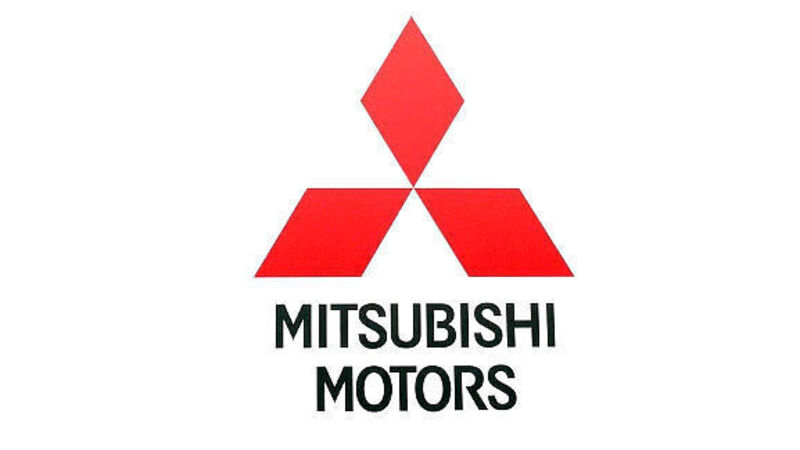Mitsubishi ‘sorry’ for using POWs

A senior executive of Mitsubishi Materials will apologize to 94-year-old James Murphy, of Santa Maria, California, and relatives of other former POWs who toiled at plants its predecessor company operated in Japan during the conflict.
Rabbi Abraham Cooper, associate dean at the centre — an organisation that primarily educates about the Holocaust — called it an important gesture, coming as it does ahead of the 70th anniversary in August of the end of the war that has heightened scrutiny of Japan’s attitude to its past abuses.














